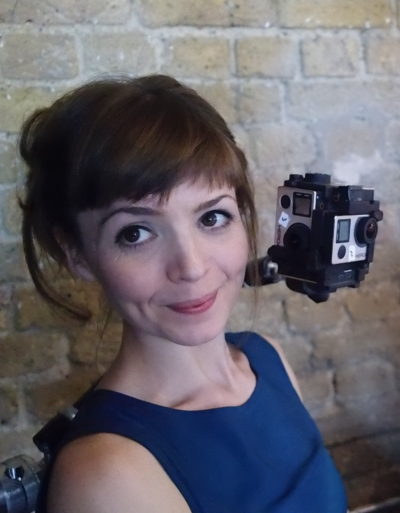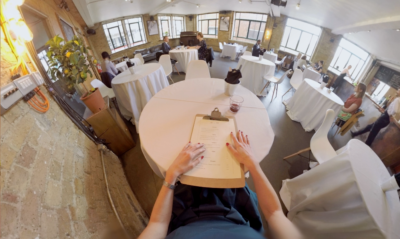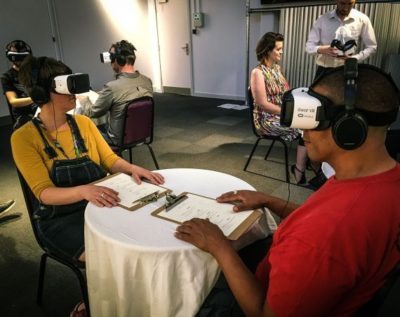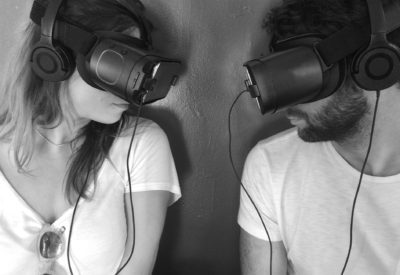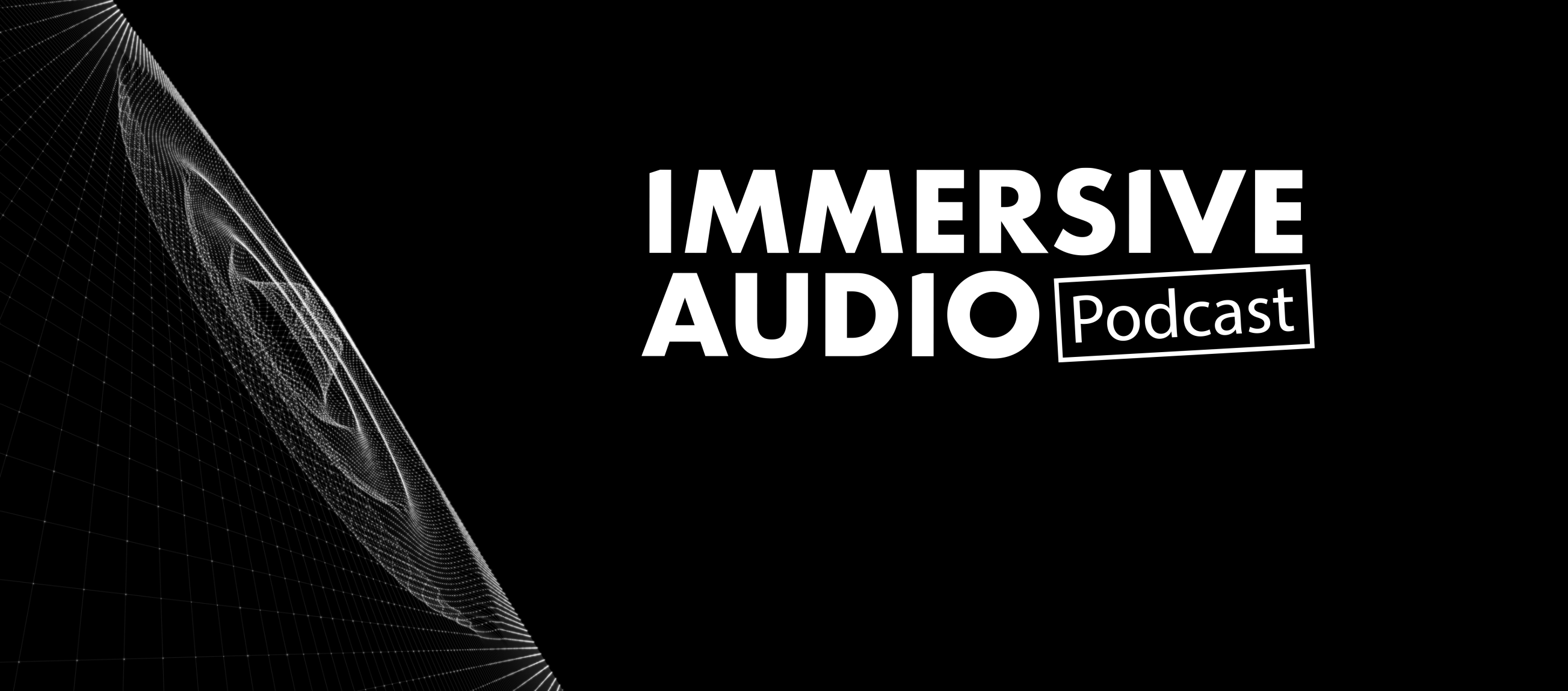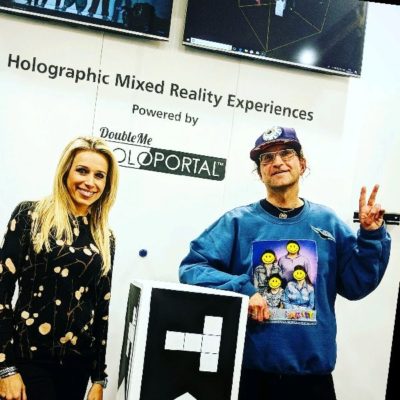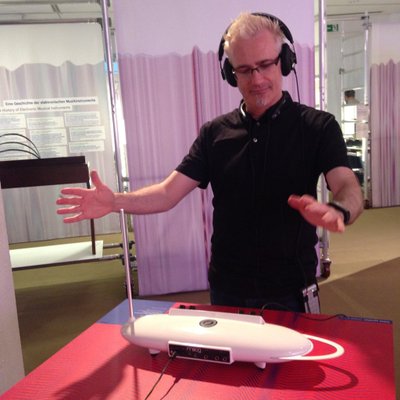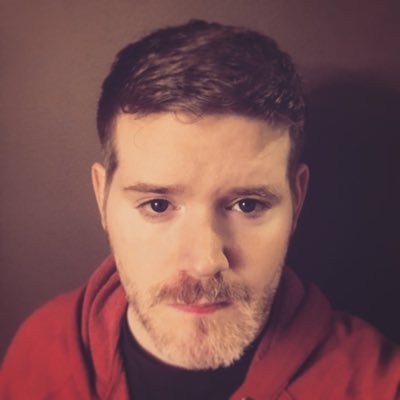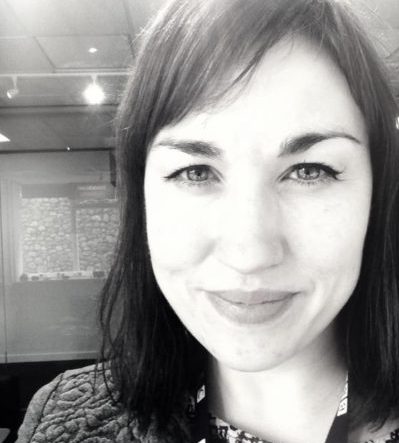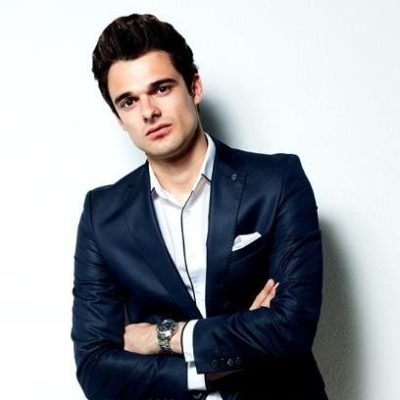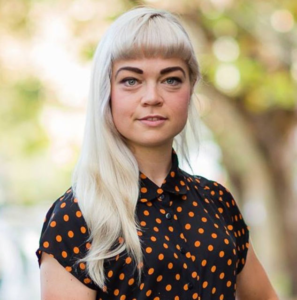YouTube recently announced a new analytics tool for 360-degree and virtual reality content creators: heatmaps that illustrate where viewers are actually looking. The new tool allows creators to see exactly what parts of their video are holding a viewer’s attention, and for how long.
YouTube has also released some enlightening early statistics on how – and this is important – viewers currently engage with immersive content.
“Surprisingly” (says YouTube), viewers spend 75% of their time focused on the front 90 degrees of an immersive video. Understandably, this figure has a lot of people questioning the point of VR content if the audience is only willing to engage with a quarter of it.
It’s an easy argument to make, but perhaps what these numbers are really saying is that VR content creators need to learn new ways to grab viewers attention in a 360º world?
Ever since moving pictures became something we watched for entertainment purposes, our eyes have been guided by camera angles to tell us where to look. For over a century that’s what the viewing audience has come to expect.
Virtual reality reminds us very much of the 2D world of film and television, but it’s an entirely different medium with its own set of rules that are still being written. Nothing is set in stone.
And camera angles? Well, those are up to the viewer to choose.
Content creators in the virtual reality space have the difficult task of catching the attention of an audience with over 100 years of collective viewing experience of looking straight ahead.
Does this make virtual reality a fad? A gimmick? No, of course not. It simply means that VR can’t rely on the same tools that have been used for film and television to engage an audience in a fully-immersive format.
That’s a lot of unlearning to do for content creators, and a lot of new learning to do as the format develops. It’s an exciting new frontier.
Back to YouTube’s statistics: the most popular VR videos had the audience looking behind them almost 20% of the time. Markers and animation are what the company suggests will help draw attention to other parts of the surrounding space. In our day to day lives our attention is constantly guided by signs, so it’s a helpful suggestion. But think about this: what’s the one sure thing that will make you stop whatever you’re looking at and focus your attention elsewhere?
Sound…
We are programmed to react to sound. In a split second we must figure out where that sound is coming from and what it means. It is as true in the virtual world as it is in the real world, which is why 1.618 Digital is passionate about high-quality spatialised sound.
Spatial audio can be an effective tool to lead or surprise your audience. By being in the habit of looking in one direction at any given time, the viewer can easily miss out on what is happening behind or beside them. Through the creative implementation of sonic cues within an immersive environment content creators can control or suggest a narrative. Ultimately, this encourages the audience to engage with specific elements – or viewing angles – within the experience.
Virtual reality is an effective form of visual storytelling. What YouTube’s early heatmap data points to isn’t VR’s failure to engage its viewers. It’s the bigger picture of where audience attention currently is, and the gaps content creators need to fill to direct it elsewhere.
1.618 Digital Team
